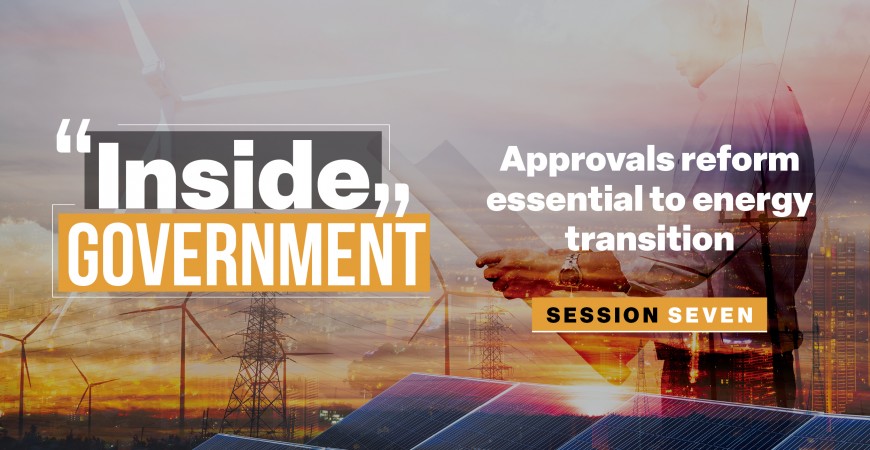Western Australia is commencing the energy transition with an enviable endowment of resources and the strongest economy in the country. The global shift towards critical minerals and renewable energy presents an enormous opportunity but also poses a major set of challenges to our environmental approvals system.
To navigate this transition effectively, Western Australia is enacting significant reforms to its Environmental Protection Authority (EPA) and approval processes broadly identified through the Vogel-McFerran Review.These changes aim to streamline procedures and enhance transparency while maintaining environmental protections.
Along with a number of resourcing changes within regulatory agencies, it is envisaged that these reforms can provide a smoother and more predictable regulatory pathway for proponents seeking to progress developments.
Nevertheless, any outcomes from efforts to increase collaboration and reduce hand-offs between regulatory agencies will take time to be realised. In the meantime, there have been several structural changes in the WA public sector that are potentially as important as any major machinery of government change.
New leadership within key government departments has been progressing quietly, along with the creation of a Coordinator-General to resolve delays. The Green Energy Approvals Initiative is now up and running, created to accelerate projects that will materially support the WA Government’s decarbonisation agenda.
And at a political level, Premier Roger Cook and senior members of his Cabinet meet regularly with these public sector leaders to identify and triage the most critical issues.
Perhaps as a sign of things to come, the Yindjibarndi Energy Corporation’s first phase of a 3GW clean energy project in the Pilbara has recently been shepherded to approval by the Green Energy Approvals Initiative.
The Environmental Protection Act 1986 is the principal legislative instrument that guides environmental assessments and project approval in Western Australia. This Act was subject to extensive consultation and legislative amendment in recent years.
However, the current procedures have been criticised by proponents for being lengthy, complex and duplicative. Conversely, conservation advocates have maintained that environmental values are on a dangerous decline. Professor Graeme Samuel noted this duality of dissatisfaction was commonplace across Australian jurisdictions, in his independent review of the Environment Protection and Biodiversity Conservation Act.
This level of dissatisfaction and disagreement has seen environmental approvals come under increasing scrutiny in the lead-up to the 2025 WA election. In June, the leader of the WA Liberal Party, Libby Mettam, announced that a Liberal Government, if elected, would seek to reduce approval timeframes and institute ‘deemed approvals’ for low-risk projects.
While this has been a tried and tested policy announcement for opposition parties in Western Australia over several decades, it may be striking a chord with a new band of proponents for critical minerals and clean energy projects.
ReGen Strategic’s Stakeholder Engagement team is regularly engaging with the regulatory agencies and there is a noted shift in responding to queries, rectifications and the provision of practical guidance.
Consistent with ReGen Strategic’s methods for strategy development, proponents should never discount the importance of explaining why delays will have an outsized impact, whether it relates to land access, certainty for procuring long-lead items or undertaking seasonal environmental studies.
These reforms are not just seeking to impact the trajectory of private proponents. Via the 2024-25 State budget, the WA Government has announced a $500 million Strategic Industries Fund to assist in developing 13 strategic industrial areas across the state. For these significant land parcels to activate economic output, via laydown yards, energy storage and manufacturing facilities, timely approvals and cross agency coordination will be essential for success.
With the WA Labor Government and the WA Liberal both supportive of some level of reform, time will tell whether it will start to steer the volume of critical minerals and clean energy projects through environmental impact assessments efficiently, while maintaining the environmental expectations of the community.
 ReGen Strategic
ReGen Strategic